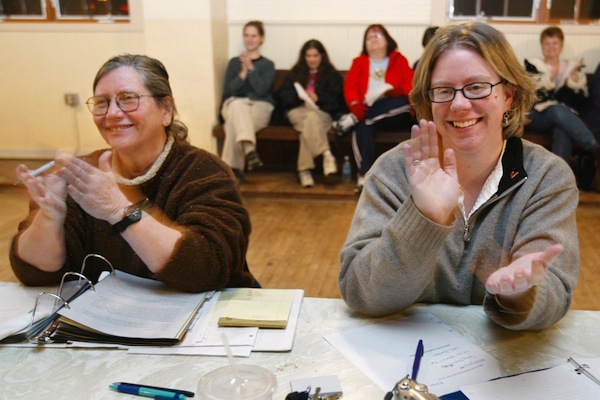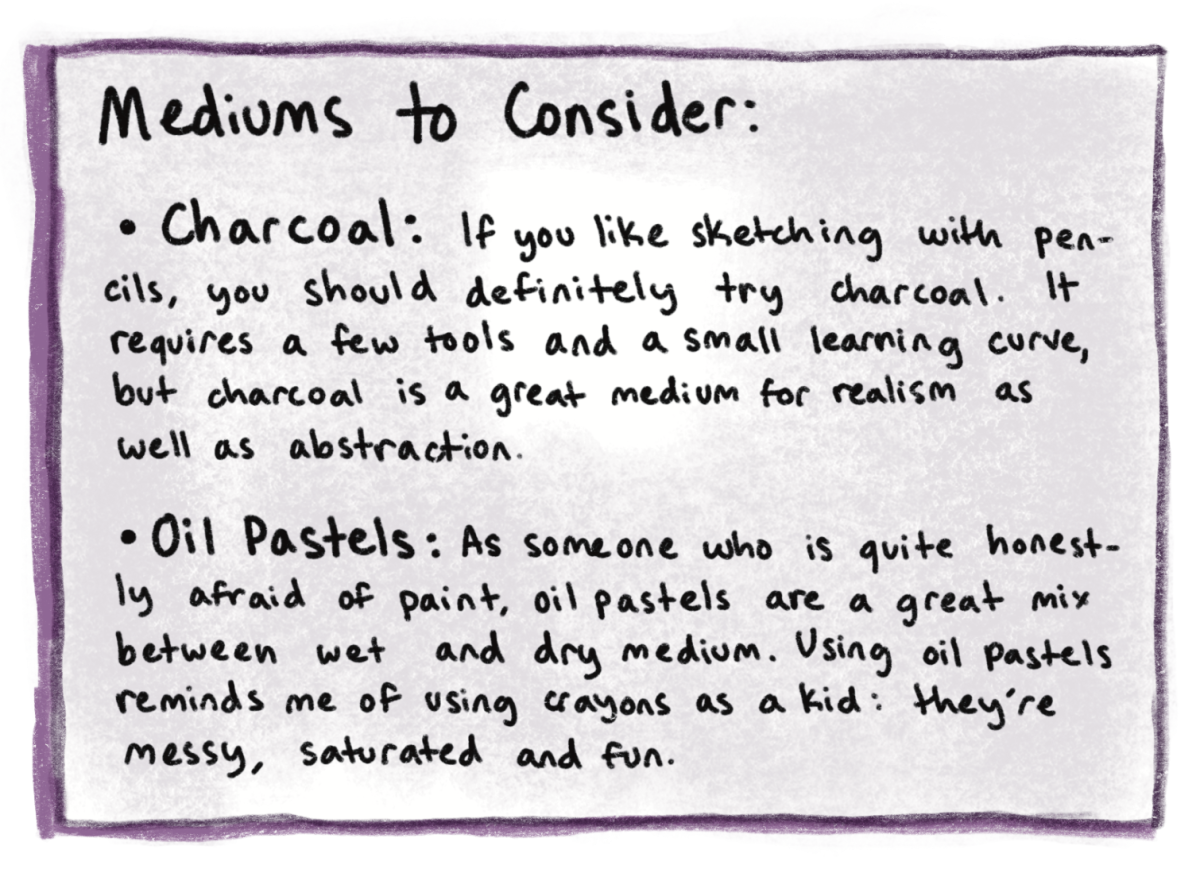The European Union and 22 of its member states signed the Anti-Counterfeiting Trade Agreement in January 2011, joining the United States and Japan, who participated in creating the agreement in 2006. Singapore, Canada, South Korea, Australia and New Zealand signed it into law October 2010.
ACTA is an international agreement which will provide regulation for intellectual property rights enforcement and penalties. The agreement may continue to garner signatures until March 31, when the ratification process will get underway.
ACTA is similar to American bills, Stop Online Piracy Act and Protect Intellectual Property Act, both of which were shut down. The three pieces of legislature aim to protect the rights of artists and authors, and prevent their ideas and work from being stolen over the Internet.
“ACTA was drafted to enforce copyrights and eliminate counterfeit goods,” freshman Michael Prablek said. “SOPA and PIPA had similar purposes as well as possible Internet censorship.”
Since ACTA is worded as an agreement, instead of a treaty, it only needs an executive signature to be put into law. This is one area of controversy that has sparked discussion and protest around the world, since in the United States, it was not approved by Congress. Many websites, including Wikipedia, shut down for one day in protest.
“I am a firm believer in our First Amendment rights,” broadcast technology teacher Don Goble said. “I think the way websites protested speaks to the ability and influence of technology, and that everyone has a voice. Technology is an easy means to have that voice heard, for good or bad.”
Now that SOPA and PIPA have been shelved, ACTA is the main legislation that would protect rights of artists and authors online. The bill will prevent websites from allowing people to download items without paying.
“I think the bill needs to be reanalyzed and possibly resubmitted,” Goble said. “I don’t think radical punishment is the way to go.”
Goble said it is important for the country to understand the severe unintended consequences if the act were to pass, and assigned his students to research copyright infringement court cases about the music, television, or film industry, and include a slide about SOPA or ACTA.
“We are in a generation of creators, not just consumers,” Goble said. “There’s a lot of layers to this if it were to pass.”
Some would agree with ACTA’s provisions if the agreement was not as strict. As it is worded, entire websites could be unavailable because they violate all or a portion of the agreement.
“I think it’s very important for artists to have rights to make a profit,” freshman Janine Norman said. “If the revisions focused more on the non-pirating aspect, then I would consider supporting [ACTA].”
ACTA would curb a computer user’s ability to download music, photos or other media without payment.
“While I do enjoy the idea that somewhere out there, there is free pirated media should I so wish to do it, I do not feel that copyright infringement and the presence of counterfeit goods should be ignored,” junior Olivia Gada said.
However, some believe that the agreement would not effectively stop theft of intellectual property.
“Although ACTA has good intentions, it entails actions that would not stop piracy,” Prablek said. “[These actions] only restrict law-abiding individuals.” #










